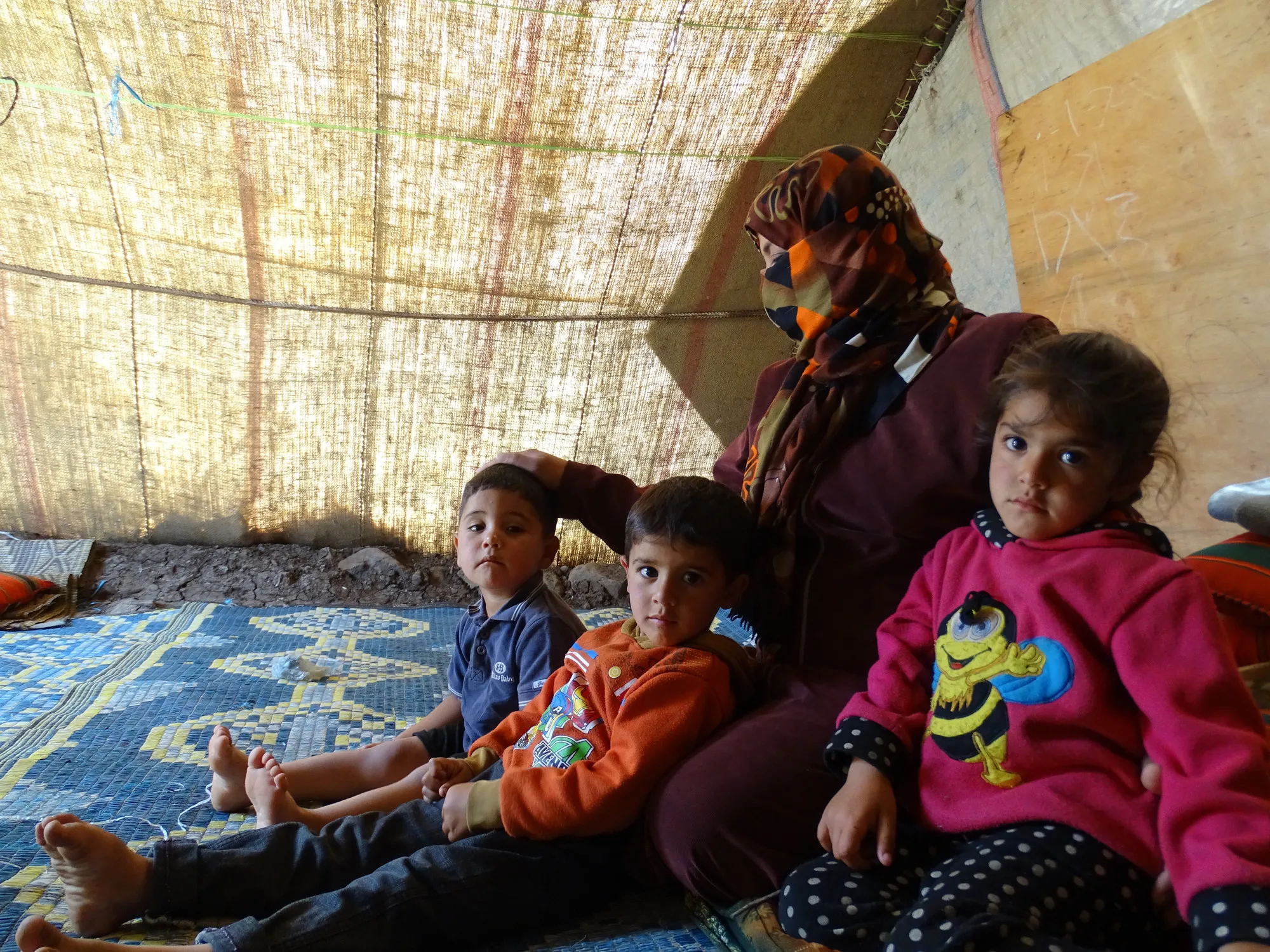Thank you Mr. President, Mr. Secretary-General and Excellencies. I am honoured to address the Security Council today on behalf of my organization, CARE International, and in solidarity with the humanitarian community operating in Syria.
CARE has been operating in Syria since 2013. I lead CARE’s work in Turkey and across the border into North West Syria (NWS), where incredible Syrian NGOs deliver aid into the hands of Syrians in need.
The humanitarian situation in Syria is dire. Imagine living in a country where approximately 90% of your fellow citizens live below the poverty line, and where, the price of basic food items increased 29 fold since the start of the crisis. How do you contemplate a future where the WFP food baskets that you rely on to feed your family might stop?
This will the unthinkable reality for over 1 million Syrians in the NW in September 2021 if the UN is not authorized to continue the cross border operation.
My main message to the Security Council is simple: now is not the time to scale back the humanitarian cross border operation. The needs on the ground are higher than ever and they will continue to rise given the financial crisis in Lebanon, the new wave of COVID infections across northern Syria, the deteriorating food situation and the looming water crisis in the North East (NE).
Earlier this week, CARE and 27 other humanitarian CEOs addressed an open letter to the Council asking you to scale up humanitarian access into Syria. The level of the crisis demands the reauthorization of cross-border assistance to NWS via Bab al Hawa and Bab al Salam crossings, for a minimum of 12 months. It also requires reinstating the Al Yarubiyah crossing in the NE for a similar period, as needs there have shot up by 38% since the crossing closed last year.
The scale and scope of the UN cross border operation, is one of, if not THE, most complex humanitarian operation in the world. It cannot be replicated by NGOs. Despite our presence and expertise, we cannot implement the scale of procurement, transportation, warehousing, coordination and funding required to keep this critical humanitarian operation afloat.
There is no replacement for the UN cross border capacity, not now – and not in six or 12 months-time.
The Emergency Relief Coordinator has been clear in successive briefings to this Council that cross-line modalities are not a viable alternative to cross-border operations. As you know, there has been no single cross-line convoy to NWS, where 2.5 million Syrians depend on aid. In the NE, cross-line operations remain woefully inadequate, with approximately 70% of the population experiencing “severe” or “catastrophic” levels of need.
Last week, the heads of seven UN agencies issued a joint statement with an unequivocal message: they are convinced that even if cross-line convoys were “deployed regularly [to the NW] they could not replicate the size and scope of the cross-border operation. There is simply no alternative”.
It is time for the Council to recall the Secretary-General’s advice after the closure of Al Yaroubiya when he said that if adequate steps were not taken to ensure effective cross-line deliveries, the Council would need to authorize the UN to use additional crossings.
This expansion in humanitarian access by the Council is now urgent, given the spike in COVID-19 cases in northern Syria. We must ensure that the nascent COVID-19 vaccination campaign in the NW will not be halted in its tracks, undermining not only global efforts to end the pandemic, but also contradicting the Council’s own resolution (2565) to facilitate equitable and affordable access to COVID-19 vaccines in armed conflicts and complex humanitarian emergencies.
Mr. President, in closing,
I want to briefly highlight the gender dimensions to the multiple crises Syrians experience, which should inform the Council’s deliberations on Syria.
Earlier this year CARE published a report titled: “If we don’t work, we don’t eat”. This quote captures the story of many Syrian women, already overburdened by prevailing gender inequality, forced to take additional roles to become bread winners and heads of households. It also conveys their strength and resilience after a decade of conflict. They don’t want handouts, they want to enjoy their right to live with dignity.
Yet compared to men, women struggle to find work and fair wages. Too often, they resort to desperate coping mechanisms to survive, including sending their children to work, taking them out of school, buying essential items on credit, skipping meals, and marrying off their daughters to have one mouth less to feed. Unsurprisingly, maternal malnutrition affects a third of Syrian mothers and women’s mental health is another serious casualty of this situation. Adolescent girls are forced far too early into adulthood and motherhood. Confronted by a range of protection issues, they are the real forgotten victims of this crisis.
Syria must not be condemned to a deeper humanitarian catastrophe than we are witnessing today. The Council has the authority to take practical steps that will help Syrians begin to turn the tables. We trust your decision will be driven by the needs on the ground and that you will stand by the people of Syria during their greatest need.
Thank you Mr. President.
The following remarks were delivered by CARE Turkey’s Country Director Sherine Ibrahim to the United Nations Security Council on June 23rd, 2021

